Kaleidoscope
Memory Care


What is Kaleidoscope?
A group of butterflies is called a kaleidoscope—a perfect description of the ever-changing swirl of color and patterns they create together in flight. Butterflies symbolize powerful transformation, and they are a fitting illustration of the journey of memory loss.
We named our memory care program Kaleidoscope, a representation of the journey through change. And at Walker Methodist no one makes this journey alone—they are part of a Kaleidoscope—a supportive and caring community that, together, creates a beautiful picture.
Our dementia training is recognized by the Alzheimer's Association ® Curriculum Review
Learn moreAbout Our Program
At Walker Methodist, we don’t just take care of people with memory loss or dementia. We see their value and recognize their worth in this stage of their lives. We not only meet their physical needs, but we care for the needs of the person as a whole being. We believe people with memory loss can still live meaningful, fulfilling lives. Every moment is important, and joy can be found in each day. Here are six ways Kaleidoscope helps residents experience beauty and happiness in this stage of life.

Aromatherapy can benefit a variety of functions, including emotion, behavior, motivation, long-term memory, and olfaction. It may also offer relief from anxiety, depression, or stress; improve quality of life; and improve sleep. Studies suggest aromatherapy can be especially beneficial for people with memory loss or dementia.
In Kaleidoscope, snacks and meals are centered around superfoods. Our nutritionally dense and healthy menus are rich in omega-3s that can benefit those with memory loss. Most of all, we know food is more than just a physical need—it’s about community.
Thriving indoor gardens offer many potential benefits to residents: sensory stimulation, improved strength and balance, providing a sense of responsibility and purpose, opportunities for social engagement, and improved quality of life. Additionally, residents can enjoy outdoor gardens during warmer months.
Kaleidoscope neighborhoods have beautiful, interactive art and activities. From engaging sensory activities to crafts like painting, residents can express themselves, show emotion, and display creativity.
Where medications have failed, music has succeeded. Music helps people with memory loss—and their families, caregivers, and friends. We are true believers in Music & Memory™, providing residents with iPods loaded with personalized playlists.
Explore Memory Care
at Walker Methodist
Walker Methodist Music Director performs Send in the Clowns
Walker Methodist Music Director Malcolm Anderson knows the power of music in creating connections. In the early days of the COVID-19 pandemic, Anderson delivered songs like these to residents, giving them a sense of belonging, stirring up memories, and reminding them that they are loved.
Care Suites Of Edina
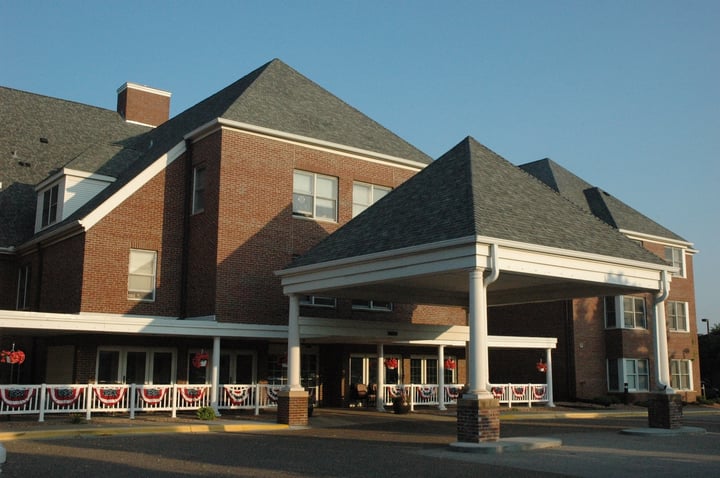
- Assisted Living
- Memory Care
- Care Suites
- Parkinson's Care
Highview Hills
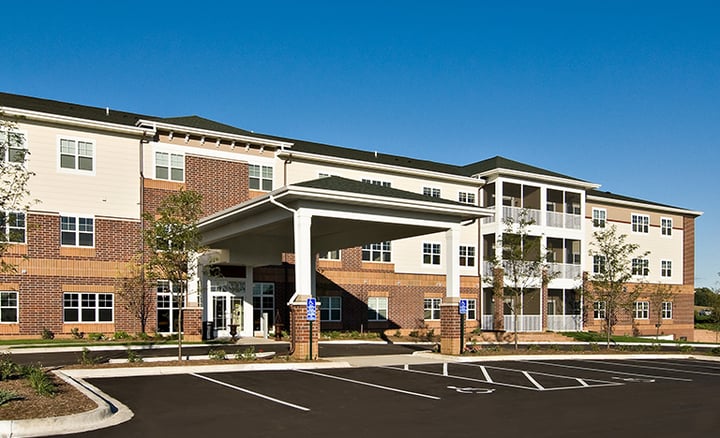
- Independent Living
- Assisted Living
- Memory Care
- Care Suites
- Parkinson's Care
Levande
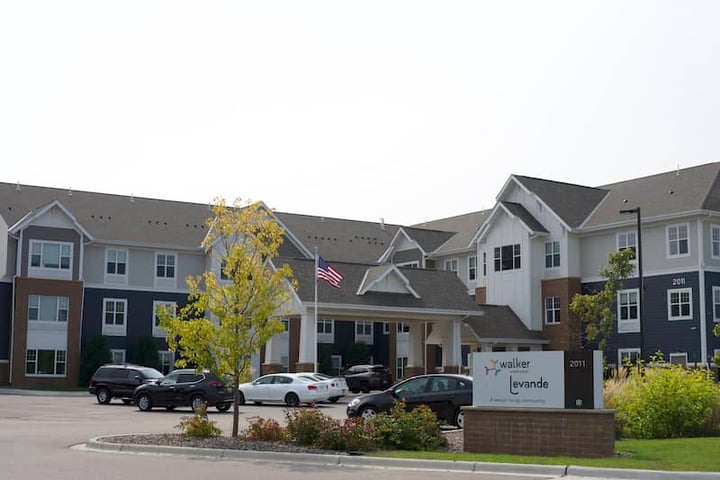
- Independent Living
- Assisted Living
- Memory Care
- Parkinson's Care
Plaza Gardens
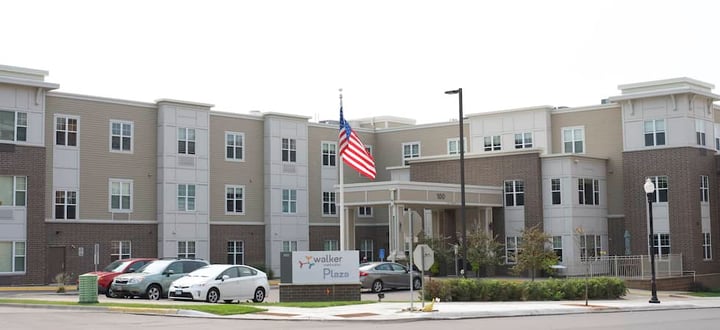
- Assisted Living
- Memory Care
- Parkinson's Care
River Heights
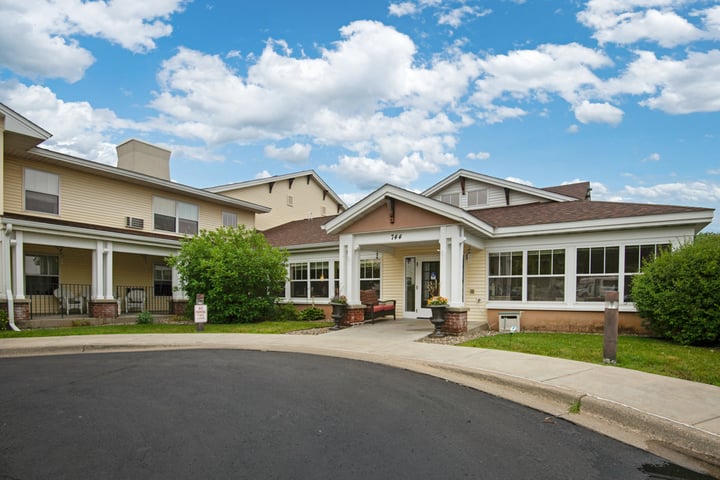
- Assisted Living
- Memory Care
Rushseba Station
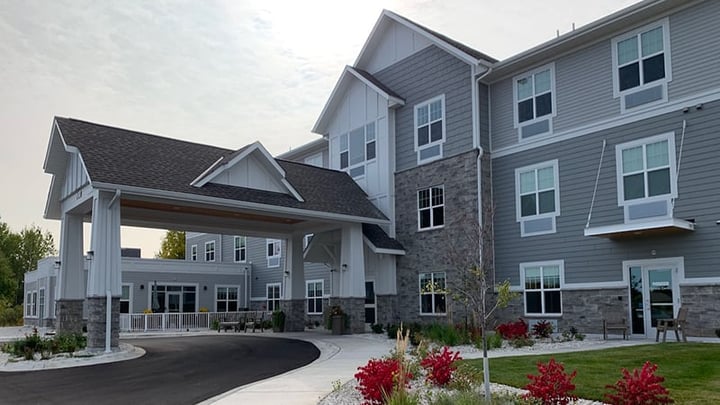
- Assisted Living
- Memory Care
Timber Pines
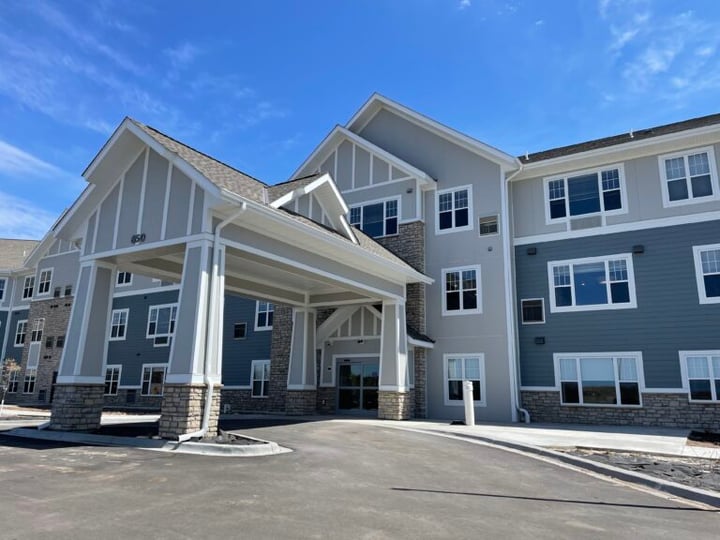
- Independent Living
- Assisted Living
- Memory Care
Westwood Ridge II
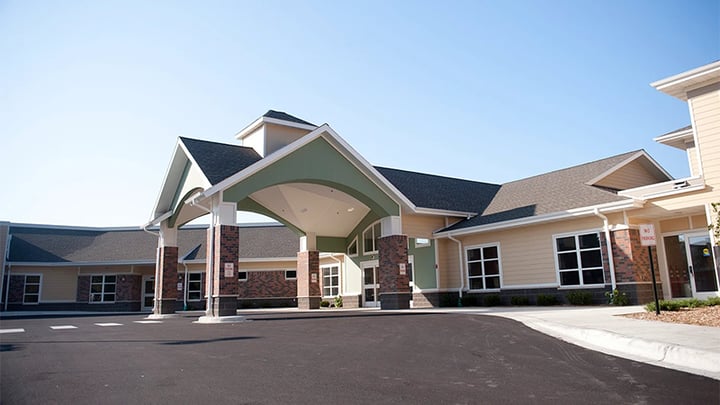
- Assisted Living
- Memory Care
- Care Suites
- Transitional Care
- Parkinson's Care
